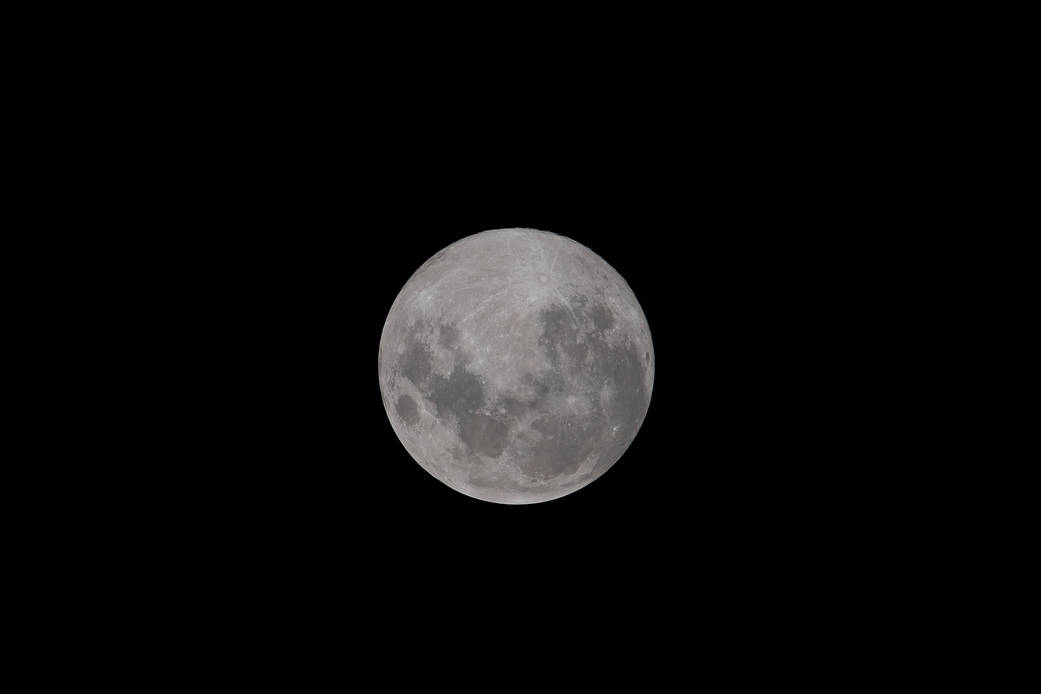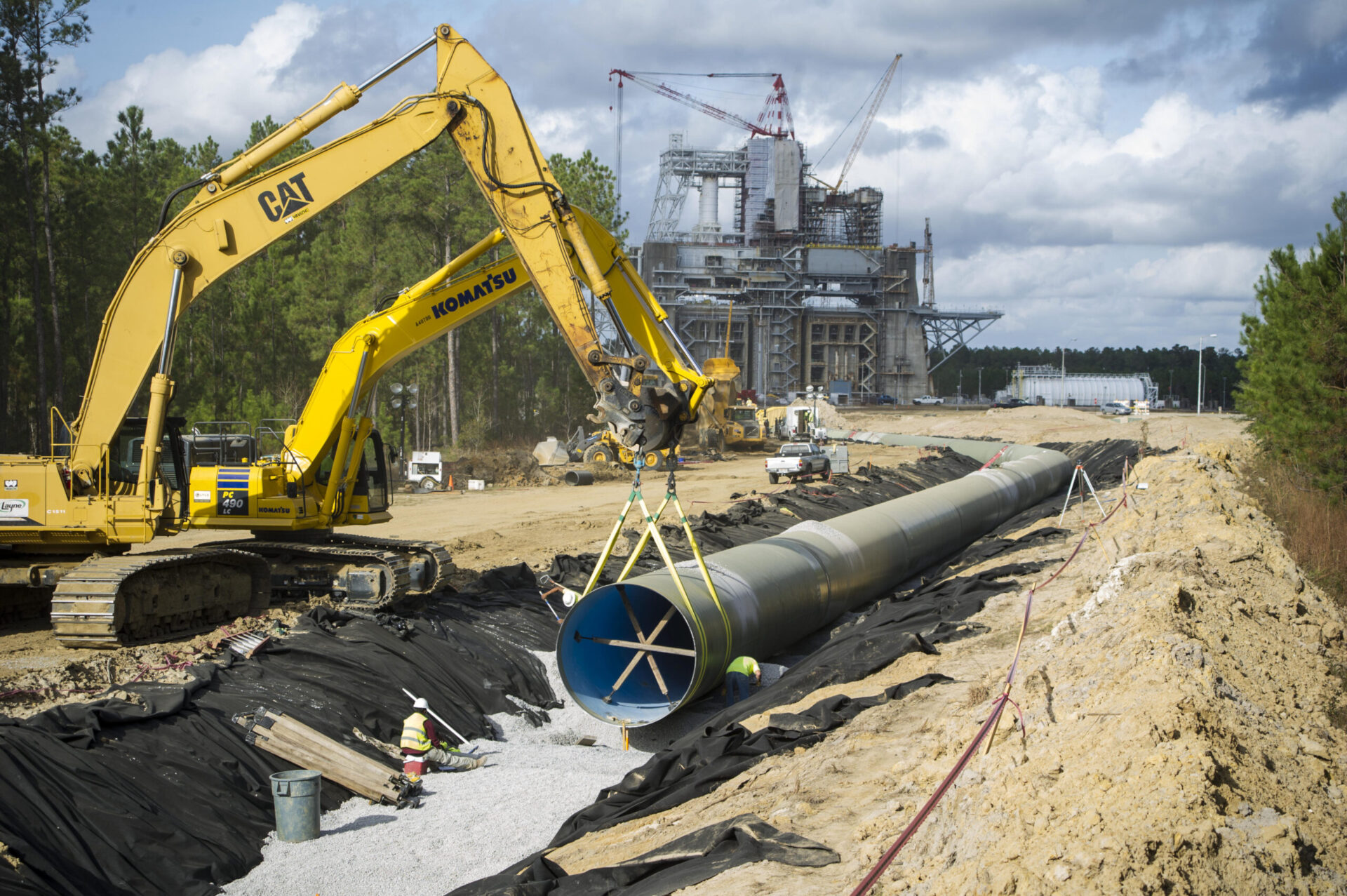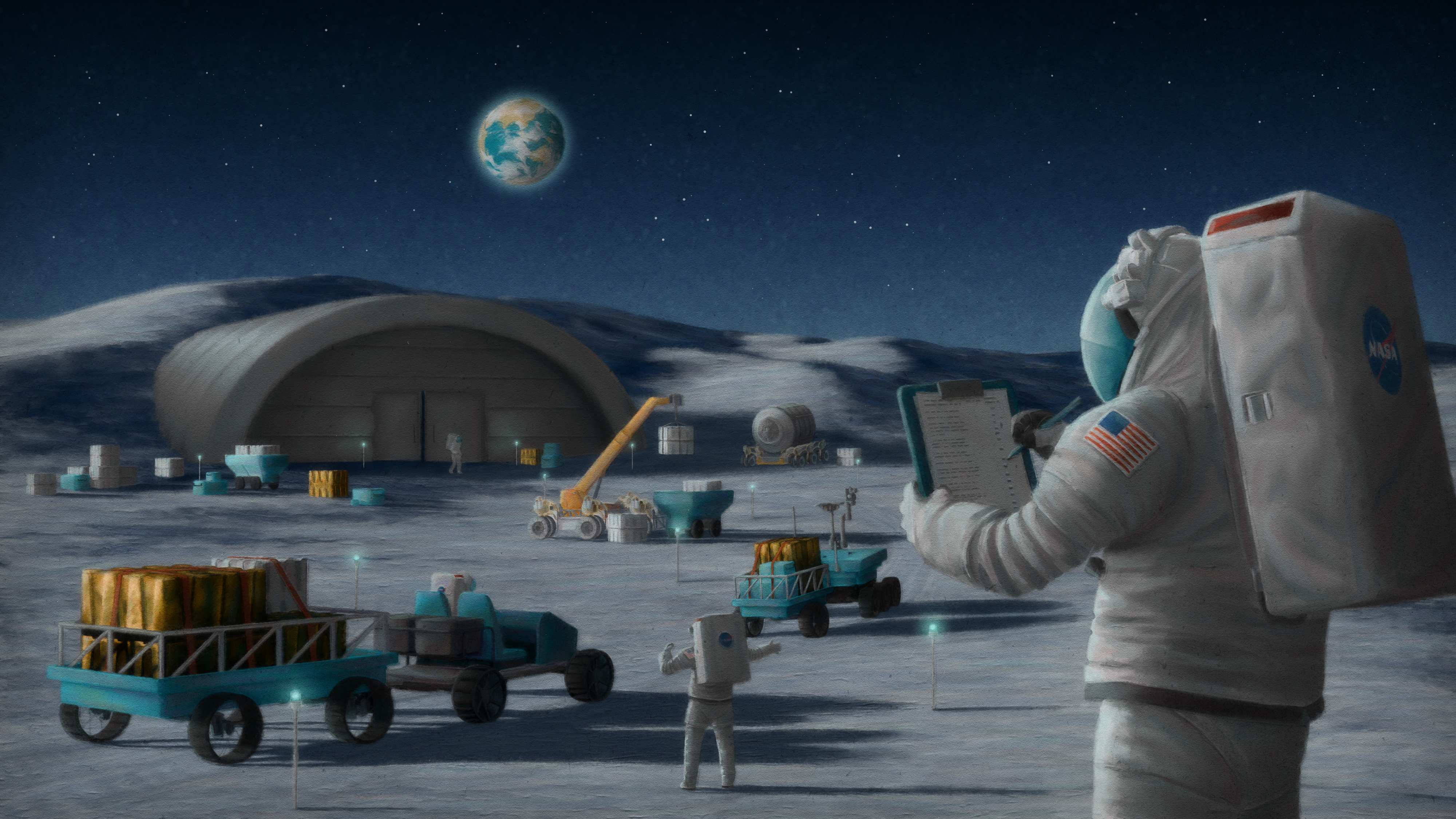*
When NASA conducts analysis past our world, scientists on Earth put together as a lot as attainable earlier than sending devices on extraterrestrial journeys. One method to put together for these exploration missions is by utilizing machine studying methods to develop algorithms with knowledge from business devices or from flight devices on planetary missions.
For instance, NASA makes use of mass spectrometer devices on Mars missions to research floor samples and determine natural molecules. Growing machine studying algorithms earlier than missions will help make the method of analyzing planetary knowledge sooner and extra environment friendly throughout time-limited area operations.
In 2022, Victoria Da Poian, an information scientist supporting machine studying analysis at NASA’s Goddard House Flight Heart in Greenbelt, Maryland, collaborated with NASA’s Heart of Excellence for Collaborative Innovation to run two machine learning-based open science challenges, which sought concepts and options from the general public. Solvers worldwide have been invited to research chemical knowledge sampled from business devices situated at NASA facilities and knowledge from the Pattern Evaluation at Mars (SAM) testbed, which is a reproduction of the instrument suite onboard the Curiosity rover. The challenges inspired members to be inventive of their approaches and to offer detailed descriptions of their methodology and code.
Da Poian mentioned her crew determined to make use of public competitions for this venture to realize new views: “We have been actually thinking about listening to from individuals who aren’t in our area and weren’t biased by the info’s which means or our scientific guidelines.”
Because of this, greater than 1150 distinctive members from all around the world participated within the competitions, and greater than 600 options contributing fashions to research rock and soil samples related to planetary science have been submitted. The challenges served as proof-of-concept initiatives to research the feasibility of mixing knowledge from a number of sources in a single machine studying utility.
Along with benefitting from the number of views supplied by problem members, Da Poian says the challenges have been each time- and cost-efficient strategies for locating options. On the similar time, the challenges invited the worldwide group to take part in NASA analysis in assist of future area exploration missions, and winners obtained $60,000 in complete prizes throughout the 2 alternatives.
Da Poian used classes realized to develop a brand new problem with Frontier Growth Lab , a global analysis collaboration that brings collectively researchers and area consultants to deal with advanced issues utilizing machine studying applied sciences.
The competitors, titled “Keep Curious: Leveraging Machine Studying to Analyze & Interpret the Measurements of Mars Planetary Devices,” ran from June to August 2024. Outcomes included cleansing SAM knowledge collected on Mars, processing knowledge for a constant, machine learning-ready dataset combining business and flight instrument knowledge, investigating knowledge augmentation methods to extend the restricted knowledge quantity out there for the problem, and exploring machine studying methods to assist predict the chemical composition of Martian terrain.
“The machine studying challenges opened the door to how we will use laboratory knowledge to coach algorithms after which use that to coach flight knowledge,” mentioned Da Poian. “Having the ability to use laboratory knowledge that we’ve collected for a few years is a big alternative for us, and the outcomes up to now are extraordinarily encouraging.”
Discover extra alternatives:





No comments! Be the first commenter?